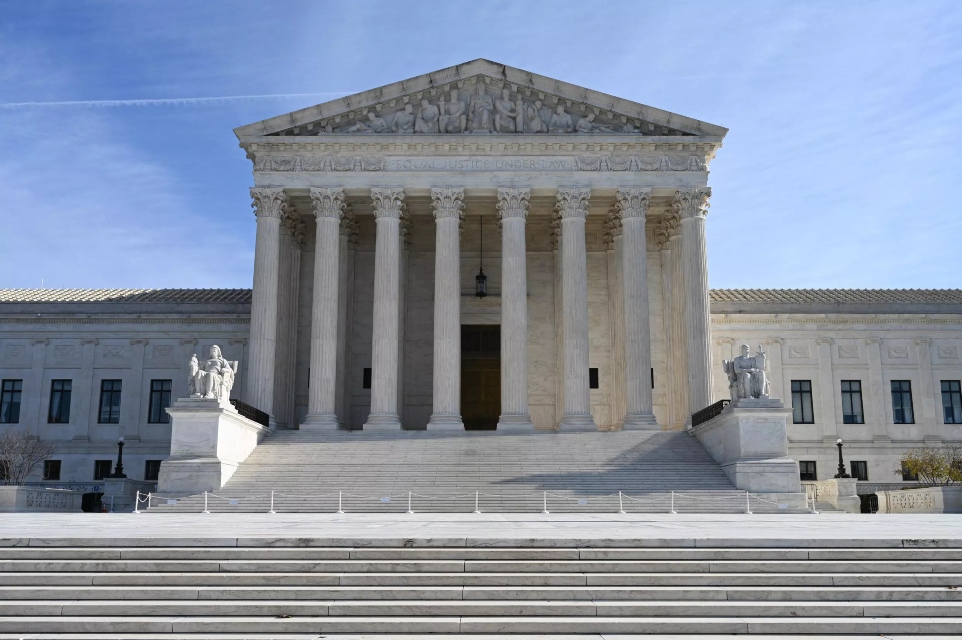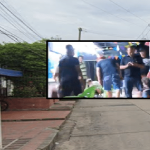The Supreme Court of the United States examines this Tuesday a historic case that could transform the internet if it decides that technology companies such as Google or Facebook must legally answer for the content they disseminate
Text: RFI / AFP
The nine judges began to address at 10:00 (15:00 GMT) the scope of a law that, since 1996, grants them some immunity.
The case is linked to the November 2015 attacks in Paris and stems from a complaint against Google filed by relatives of Nohemi González, one of the 130 victims of these attacks.
This American who was studying in France died in the Belle Equipe cafeteria at the hands of a commando from the Islamic State (IS) group.
His parents accuse YouTube, a subsidiary of the Californian giant, of having recommended videos of the jihadist group to some of its users.
According to them, “by recommending IS videos to its users, Google has helped IS spread its message and thus provided it with material support.”
Federal courts dismissed the complaint on behalf of a legal provision known as “section 230,” adopted when the internet was in its infancy and which has become one of its mainstays.
This section decrees that Internet companies enjoy legal immunity for the content they post because they are not a “publisher.”
*Read also: How to know what internet speed you have and what can you use it for?
“A needle in a haystack” on the internet
The relatives of Nohemi González believe, on the contrary, that Google did not limit itself to distributing IS content, but that its service selected users to offer them the videos of the jihadist group, so it cannot claim this immunity.
“The selection of the users to whom the IS videos were recommended was made through computer algorithms created and implemented by YouTube,” they argue in an appeal sent to the Supreme Court.
By accepting this appeal, when it generally dismisses the vast majority of the cases presented to it, the high court insinuates that it would be willing to change the jurisprudence.
A perspective that scares the big technology groups.
“The recommendations provided by the algorithms are what make it possible to find the needles in humanity’s biggest haystack,” Google wrote to the court, asking it “not to undermine a central part of the modern internet.”
Allowing platforms to be sued for their algorithms “would expose them to liability for third-party content virtually all the time,” says the Meta group (Facebook, Instagram, WhatsApp), in another argument. According to them, the recommendations only serve to organize the content published online, but do not constitute editing work.
*Read also: Venezuela occupies the last positions in the world report on Internet connections
“in a broad sense”
On Wednesday, the temple of American law will examine a similar case, but it raises a different legal question: If there were no Article 230, could platforms be convicted under anti-terrorism laws, even if they did not directly support an attack?
The court will issue a sentence for both cases before June 30.
In the past, several of its judges have expressed their desire to change the reading of Article 230, which politicians are increasingly questioning, although divisions between Democrats and Republicans make it difficult to change it.
In 2021, Conservative Justice Clarence Thomas lamented that “courts have interpreted the law broadly and conferred extensive immunity on some of the world’s largest companies.”
This being the case, it seems likely that the Supreme Court will move faster than Congress.
But for now, “no one knows exactly how,” says Tom Wheeler, an expert at the Brookings Institution think tank. “That’s why it’s important to see how the hearing develops,” he told AFP.
Post Views: 24

















